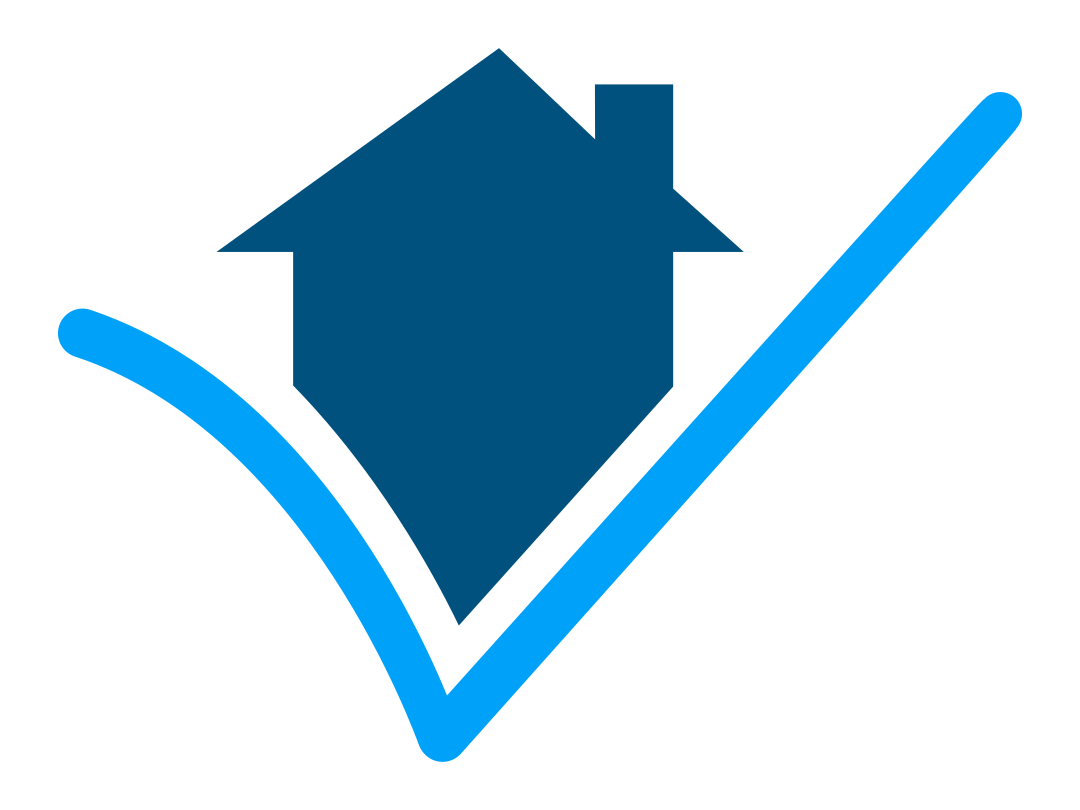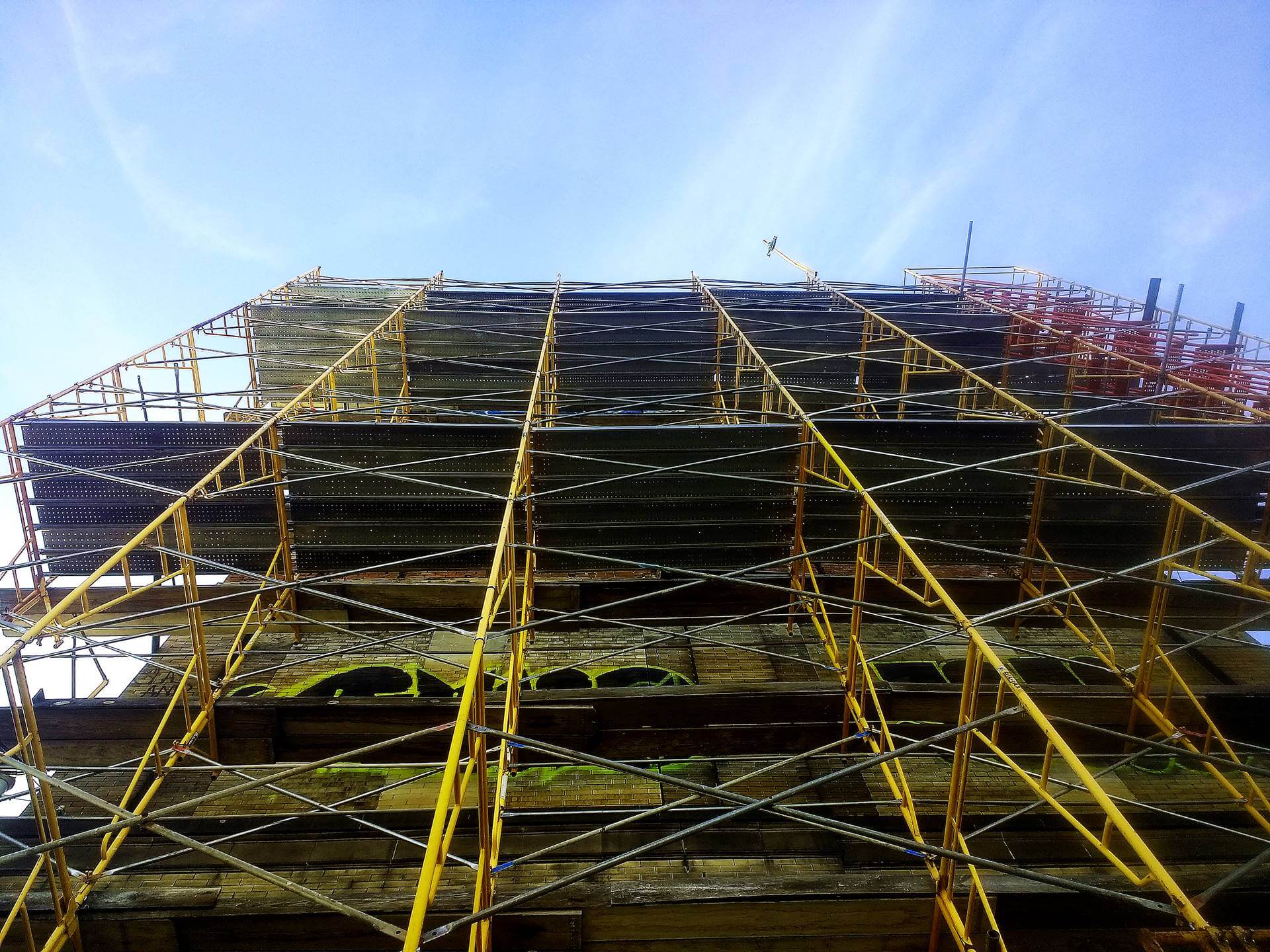Tag: violation

Philadelphia Code Violation
Contractors fear them. Old real estate brokers shiver at their mention. Property owners try to pretend they don’t exist, though those property owners also feel a chill in their spines. In much the same way Old Nan warned Bran of the White Walkers, experienced Philadelphia developers and homeowners warn newcomers of that greatest of terrors: …

